Buying in a Seller’s Market
It’s a challenging time to purchase a home because you not only have to find a property you want; you must also beat out all the other homebuyers who want to make an offer on it as well. It is a seller’s market and that means supply is low and demand is high. The latest figures from the National Association of Realtors show that that there was only a 1.7 -month supply of homes for sale in February, which is significantly lower than the six-month supply that indicates a balanced market that equally benefits buyers and sellers.

So, home sales are moving quickly and often have multiple offers. That means you need to be strategic to get into the home of your dreams. Going to open houses and perusing listings is not enough to acquire the house you want in this market.
Seeking out an Experienced Realtor to assist you in your search is vital to your success in buying a home right now. Realtors can help you with everything from finding properties, to placing appropriate offers and negotiating terms.
Knowing what is most important to sellers is key to winning a bidding war. A good agent will know what motivates sellers.

Take the following steps to prepare and you will have a better chance at success:
- Get your finances in order and shop for a mortgage pre-approval prior to making an offer on a house.
- Move quickly once you find the house you want.
- Do not make snap judgements based on listing photos. You must see a home in person to know if you truly love it or hate it. Pictures do not tell the whole story!
- Be realistic about the inspection and repairs. In a competitive market, owners don’t need to make repairs to sell. Inspections should be utilized to find major flaws that may be deal breakers for prospective buyers.
- Start with your best offer. A competitive market is not the right market for negotiating a bargain.
- Make a big earnest money deposit. A large deposit will let sellers know that you are serious about the purchase.
- Make a backup offer. Even if a house is already under contract, the deal might still possibly fall apart for various reasons such as inspection issues or financing. If you love a house, put a backup offer on it so that you will be first in line if the initial buyer walks away.
- Consider waiving or shortening contingencies. Most offers are made contingent on the buyer being approved for a mortgage, the appraisal being equal to the purchase price and the buyer approving the inspection. Waiving any one of those contingencies can be risky but may be worth taking a chance on in some circumstances.

If you are in the market to buy or sell a home (or both), let me Sandra Nickel, and my Hat Team of Professionals assist you with all your real estate needs! Call us today at 334-834-1500 and check out https://www.homesforsaleinmontgomeryalabama.com for more information.
Photo credits: rates.ca, affinityfcu.com, foxbusiness.com



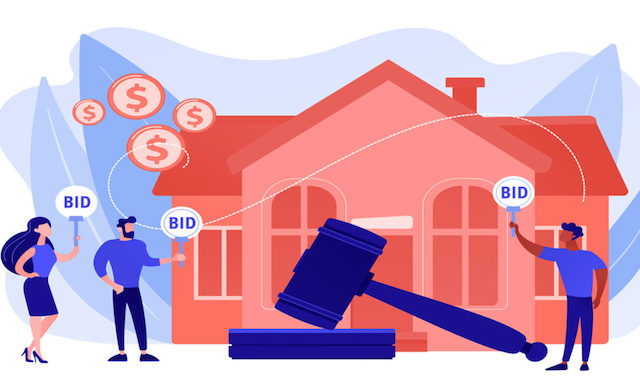









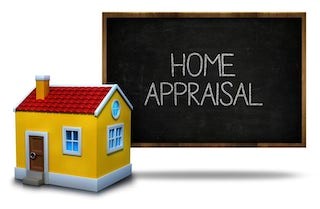

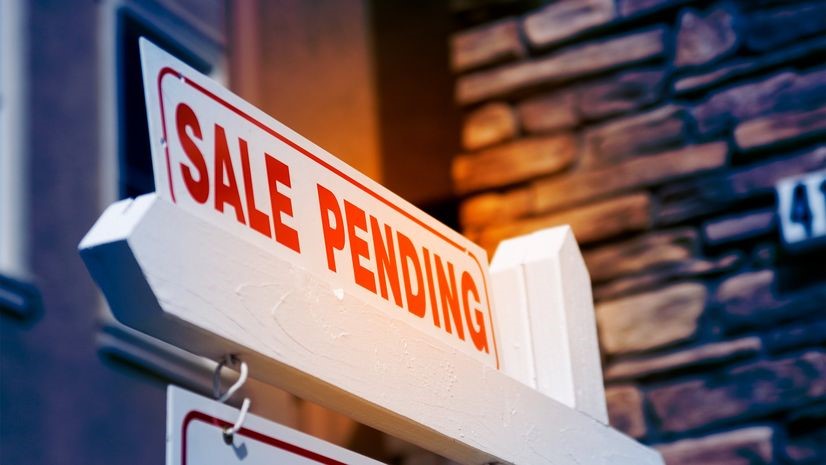



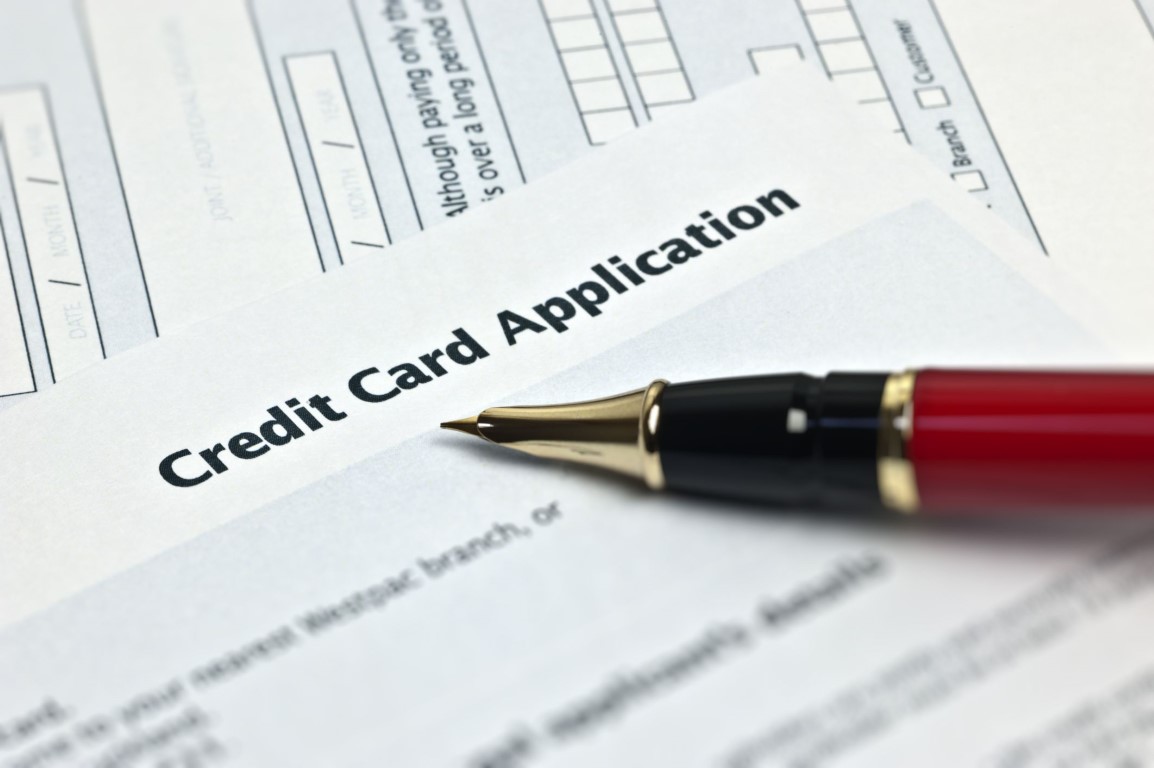

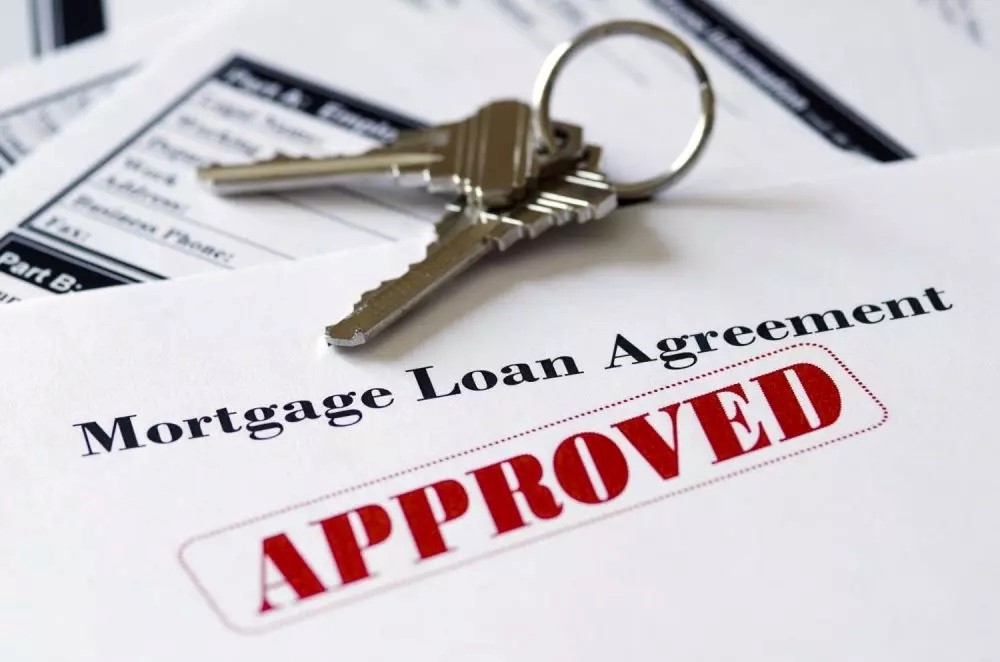


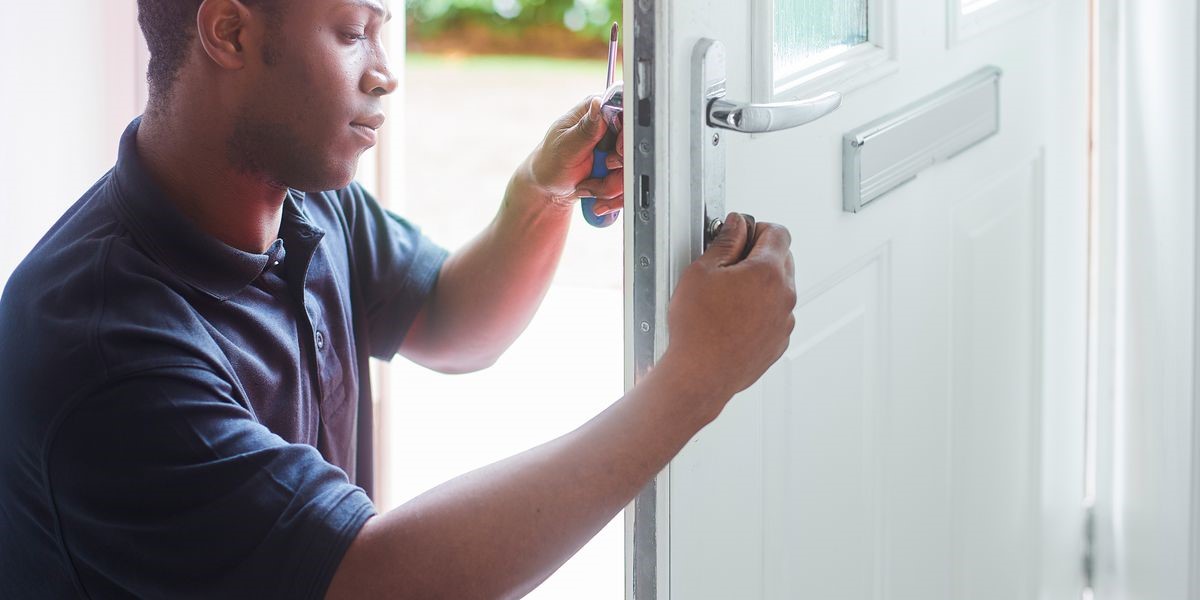

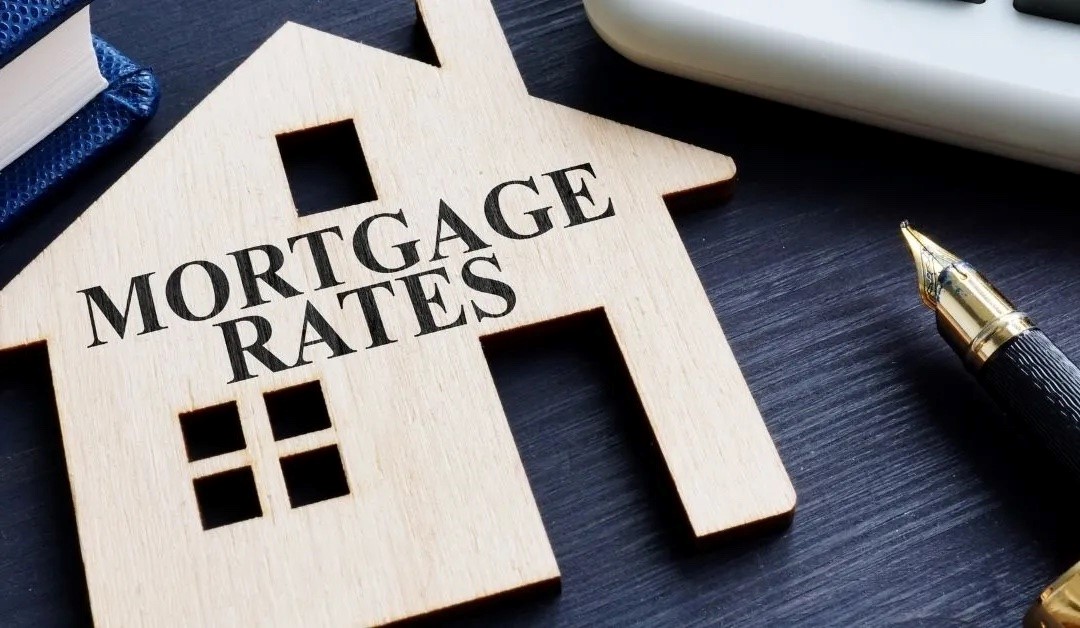
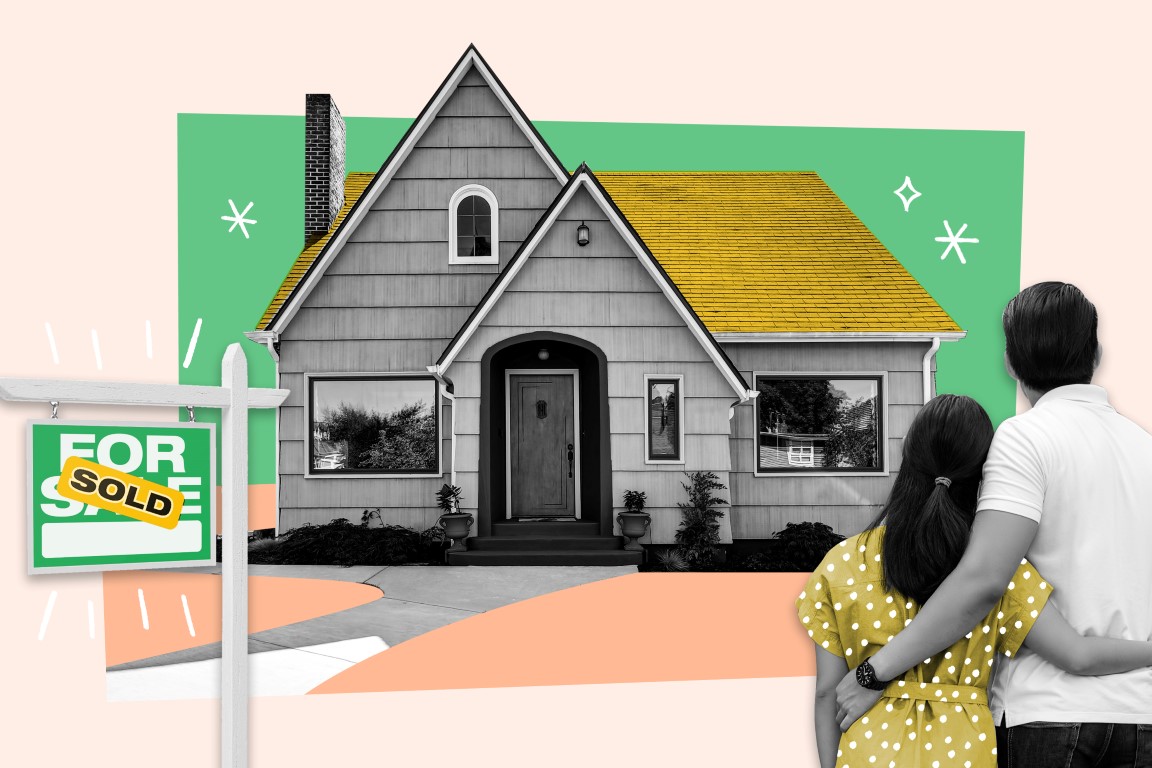
 Perhaps you have been thinking about purchasing a home, but you are not sure how much you need for a down payment. Many people will tell you that you need to have 20% to secure a mortgage. Thanks to various programs available to buyers, the truth is that you can put down as little as 3%. In fact, if you are a military veteran you could qualify for a Veterans Affairs Home Loan and not need a down payment at all! While these programs may mean that you do not have to save as much and you can get into a home sooner, there are some major benefits to making a 20% down payment if you can:
Perhaps you have been thinking about purchasing a home, but you are not sure how much you need for a down payment. Many people will tell you that you need to have 20% to secure a mortgage. Thanks to various programs available to buyers, the truth is that you can put down as little as 3%. In fact, if you are a military veteran you could qualify for a Veterans Affairs Home Loan and not need a down payment at all! While these programs may mean that you do not have to save as much and you can get into a home sooner, there are some major benefits to making a 20% down payment if you can:







